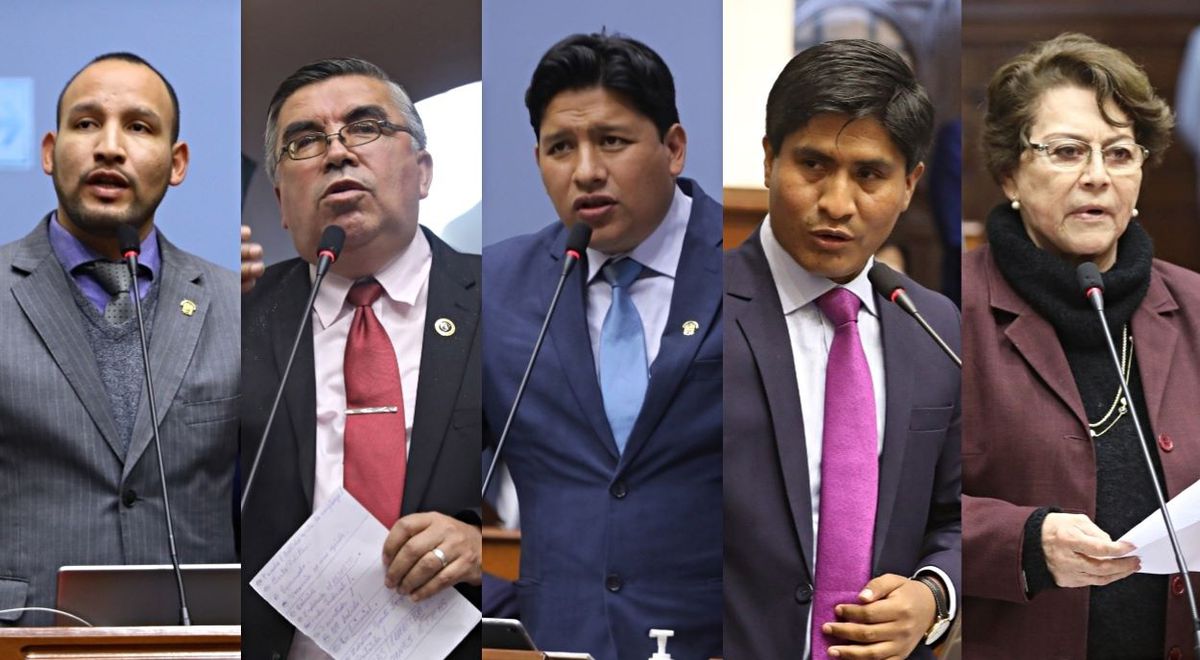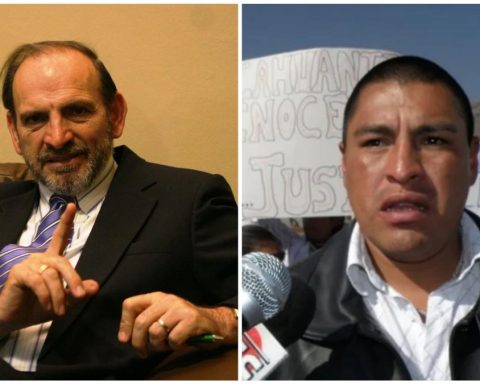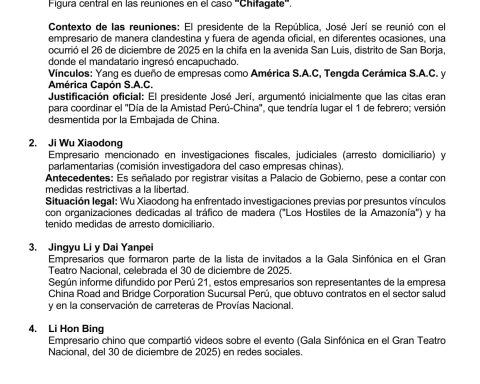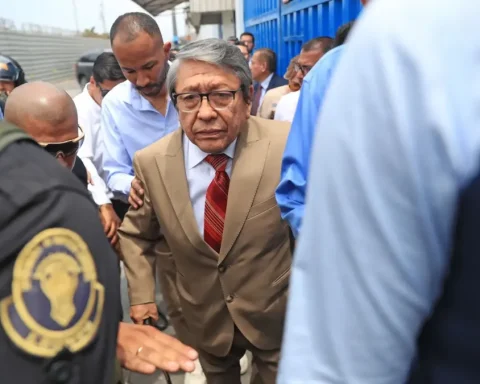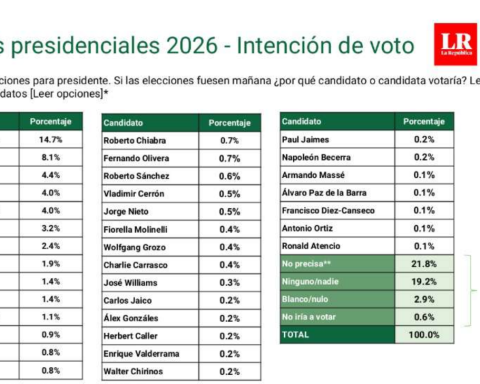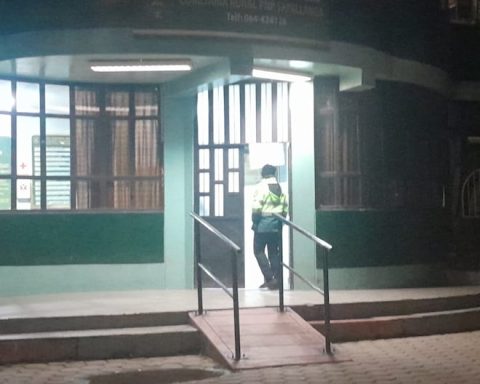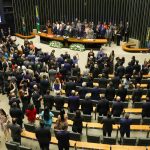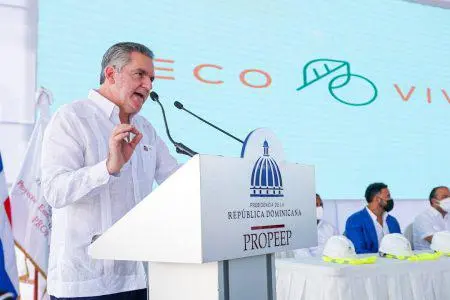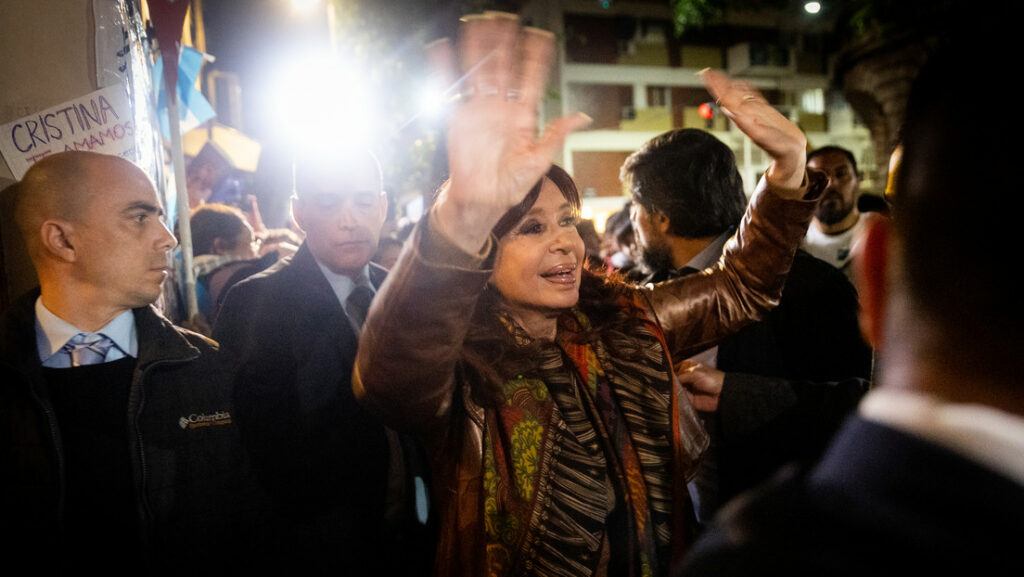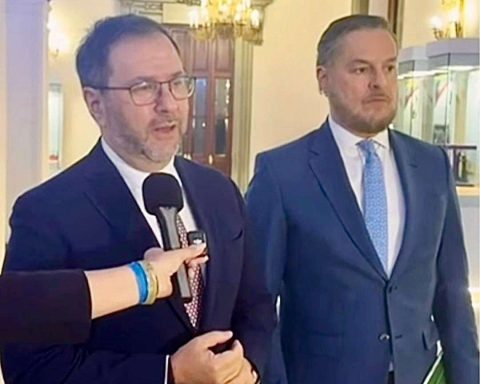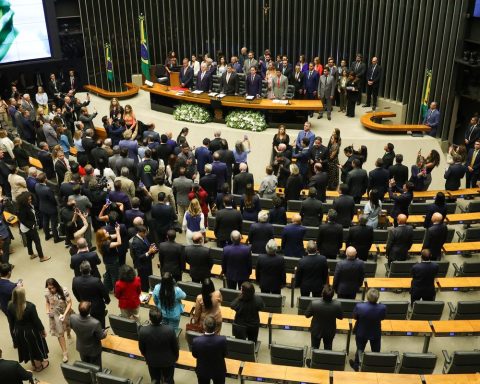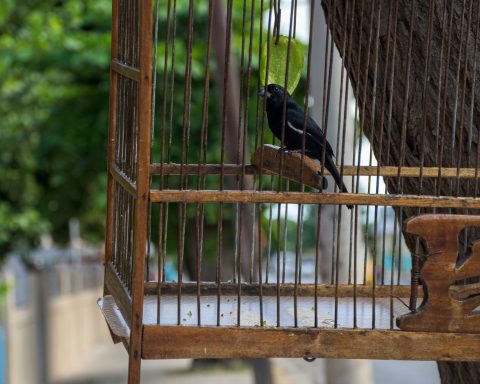When it comes to taking care of their positions to stay until 2026 and not recognizing that they are also part of the institutional crisis, the opposition and ruling party groups join forces.
This was demonstrated this Friday in the session of the Congressional Constitution Commissionwhen the debate on the prediction of advance of general elections for next year.
The president of the Constitution Commission, “Nano” War, paying attention to what was ordered by their leader Keiko Fujimori, was in favor of everyone leaving, when he supported the prediction. “If for Mr. Pedro Castillo to leave we have to leave our seats, we will leave them,” she assured.
The authors of the two projects to advance the elections that nurtured this proposal, Susel Paredesfrom Integridad y Desarrollo, and Digna Calle, from Podemos Peru, also defended this way out of the political crisis.
“Is political crisis has two culprits: the Congress For not carrying out efficient political control and the Executive branch, which has made very serious errors in its appointments, we constantly call for compliance with the suitability law,” protested Susel Paredes.
“We have waited for this crisis to take us to the extreme. My project is not exclusive and does not seek to shield the president,” Calle stressed.
Congresswomen Ruth Luque, from Cambio Democrático, and Luis Aragón, from Acción Popular, and the other members of Fuerza Popular expressed their support for the ruling. However, Luque and Aragón specified that the ideal would be for the new elections to be accompanied by political reforms.
However, his colleagues from Renovación Popular, Perú Democrático, Bloque Magisterial, Perú Democrático and Acción Popular closed ranks against this constitutional reform.
Alejandro Munante, of Popular Renewal, considers that the deadlines will not be enough for new elections next year and recommended that the commission request the opinion of the National Election Jury (JNE) and the ONPE. His request was seconded by Wilson Soto, from Acción Popular.
For this occasion, they did consider the analysis of the electoral entities important. But when it came to creating an investigative commission to review the 2021 electoral results or approving electoral counter-reforms, they ignored the opinion of the JNE and ONPE.
“Since 2018 we have had five presidents and three congresses. I don’t know if the solution is to have a sixth president and four congresses,” said Muñante.
Soto, along the same lines, suggested listening to electoral specialists. “It is not true that the political crisis was generated by Congress,” he said.
Gladys Echaiz, from Renovación Popular, warned that cutting the mandate of the president and parliamentarians will clear the way for a constituent assembly. “An exceptional election is not the solution,” the former prosecutor said.
Ilich López, from Acción Popular, one of the congressmen syndicated as part of ‘Los Niños’, described that if this reform takes place there will be “empty early elections”.
To that chorus were added the congressmen of the ruling party.
“I do not think that any of the parliamentary groups have carried out an electoral campaign so that at a certain moment this process can be cut back,” he tried to settle alex paredesof the Magisterial Block.
“The advancement of elections without reforms and without a referendum is not going to solve anything, because doing that without having changed the rules of the game is not possible,” emphasized Alex Flores, from Perú Libre.
At 7:23 p.m., time ran out and Guerra moved the debate to an intermission room. There was no agreement. The opposition-government bloc is intransigent in the face of this solution to the political crisis.
